Understanding the Gig Economy Implications for IT Staffing
The Impact of the Gig Economy on IT Staffing
The Rise of Remote Work and Freelancing
In today’s ever-evolving digital landscape, the gig economy has emerged as a game-changer, transforming the way we work and build our careers. This shift in employment dynamics brings both challenges and opportunities for the IT staffing industry. One of the key trends in the gig economy is the rise of remote work and freelancing.
Remote work and freelancing have revolutionized the way organizations find and hire IT professionals. This trend allows organizations to tap into a global talent pool, bringing in skills and expertise that may not be available locally. It opens up new avenues for innovation and collaboration.
However, managing remote IT professionals presents its own challenges. Communication and collaboration can become more complex when teams are spread out across different locations and time zones. Building a strong virtual team requires effective communication tools and processes, as well as strategies for fostering engagement and camaraderie among team members.
To effectively leverage remote work and freelancing, organizations should prioritize clear communication channels, utilize project management tools for tracking progress, and establish regular check-ins and milestones to ensure alignment and accountability. Providing the necessary infrastructure and technology support to remote workers is crucial for their productivity and success.
The Need for Specialized Skill Sets
Another significant impact of the gig economy on IT staffing is the growing demand for specialized skill sets. As technology continues to advance at a rapid pace, organizations require professionals with in-depth expertise and experience in niche areas.
For example, cybersecurity has become a critical concern for organizations as they face increasing threats and challenges in the digital landscape. The demand for cybersecurity professionals has skyrocketed, requiring IT staffing agencies to identify and connect organizations with top talent in this field. Similarly, emerging technologies like artificial intelligence (AI), cloud computing, and data analytics require IT professionals with specialized knowledge to drive innovation and digital transformation.
To attract top talent with specialized skill sets, organizations need to clearly articulate their requirements and demonstrate their commitment to ongoing professional development. Highlighting opportunities for training, certifications, and career progression can help attract professionals who are passionate about staying on the cutting edge of technology.
Collaborating with industry experts, universities, and professional associations is also a valuable strategy for accessing talent with specialized skill sets. By building strong relationships with key stakeholders in the IT field, organizations can gain access to a network of professionals who have the knowledge and expertise needed to drive their technology initiatives.
Navigating the Gig Economy with Agile Staffing Strategies
In order to stay competitive in the gig economy, organizations must adopt agile staffing strategies. Traditional hiring methods may no longer be sufficient, as IT professionals increasingly seek flexibility, autonomy, and diverse working experiences.
One effective strategy is to establish a talent network or talent community, consisting of both full-time employees and gig workers. This allows organizations to build a pipeline of qualified IT professionals who can be tapped into on-demand. By nurturing relationships with these professionals, organizations can quickly scale up or down their IT teams as needed, without sacrificing quality or productivity.
Another agile staffing strategy is to embrace project-based hiring. Instead of hiring full-time employees for every IT project, organizations can leverage the gig economy by engaging freelancers or independent contractors for specific projects or initiatives. This not only provides access to specialized skills but also offers cost savings and flexibility in resource allocation.
To effectively implement project-based hiring, organizations should develop clear project scopes and deliverables, set realistic timelines and milestones, and establish performance metrics to ensure accountability. Providing clear guidelines and expectations to freelancers or independent contractors is crucial for successful project outcomes.
Embracing the Potential of the Gig Economy
The gig economy has reshaped the IT staffing industry, presenting both challenges and opportunities. Remote work and freelancing offer access to a global talent pool but require effective communication and collaboration strategies. Specialized skill sets are in high demand, necessitating a focus on ongoing professional development and strategic partnerships. Agile staffing strategies, such as talent networks and project-based hiring, can help organizations navigate the gig economy with flexibility and efficiency.
At VorTek Systems, we understand the implications of the gig economy for IT staffing and are committed to staying ahead of the game. We connect organizations with top IT talent, leveraging our comprehensive understanding of the industry and our extensive network of professionals. By embracing the potential of the gig economy, organizations can revolutionize their IT talent acquisition efforts and thrive in the ever-evolving digital landscape.




